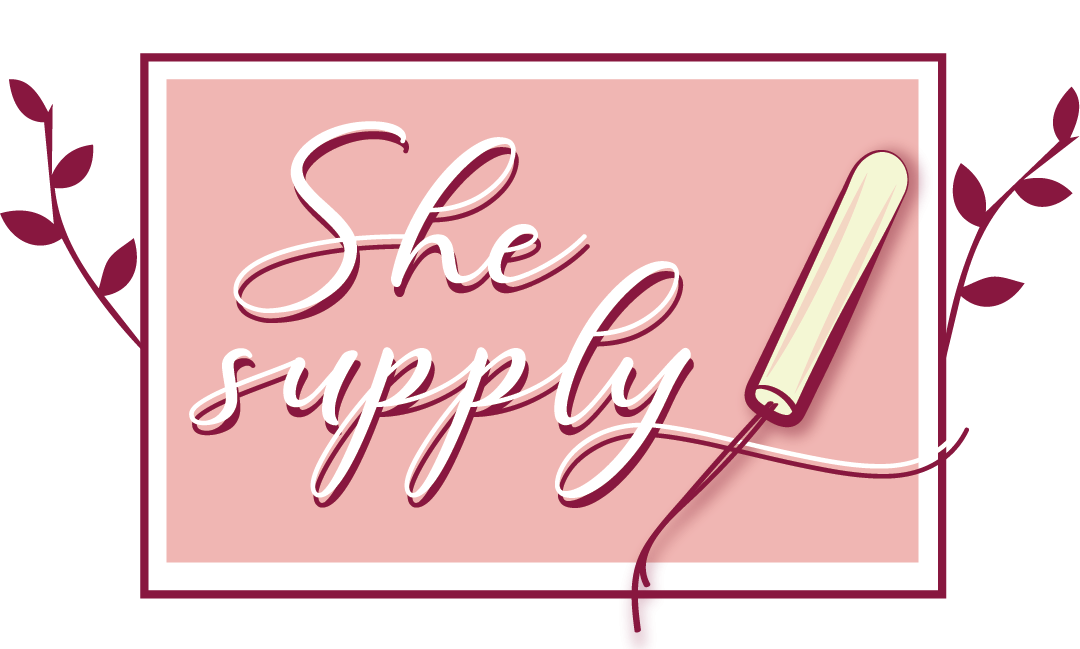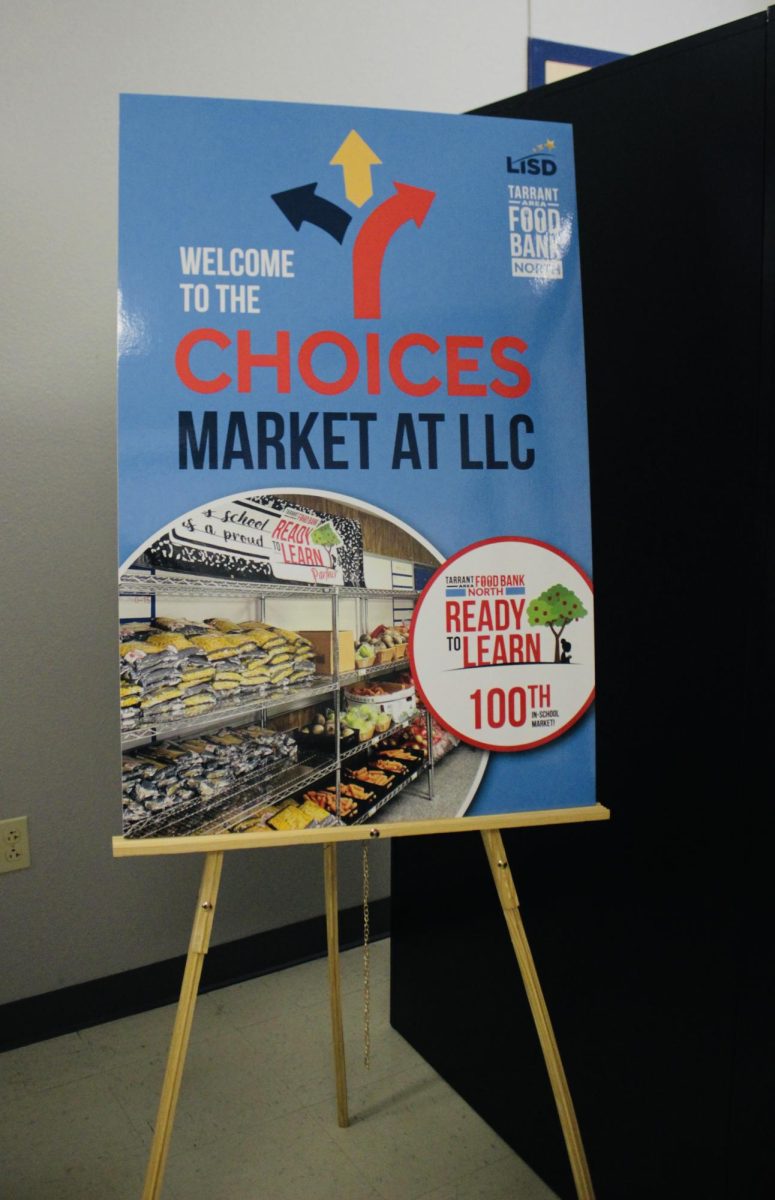The repeal of the tax on feminine hygiene products —known as the tampon tax or the pink tax went into effect Sept. 1, 2023. This allows more women to afford menstrual hygiene products.
Chairwoman Denise Angarola of non-profit organization She Supply, said they provide free products to those who need them.
The tax can be a challenge for young girls and women to afford these products. With the tax being repealed it allows organizations such as She Supply to be able to provide for the many women in need of this accessibility.
“We know that there are 2,400 homeless women in North Texas counties,” Angarola said. “We also know that there’s over 150,000 female heads of households that are living at or below the poverty level.”
The tax can be a challenge for young girls and women who can’t afford these products.
“So, while the products are expensive themselves, adding incremental tax was just one more barrier to access and affordability,” Angarola said.
Senior Jaque Stevenson thinks that this would help the women in poverty that lack the access to basic hygiene products.
“I feel like the tampon tax exacerbates an issue that a lot of people in poverty or a lot of people with low income issues already have with accessibility to feminine hygiene products,” Stevenson said.
According to Forbes, out of 1,010 teenagers, 23% said that they have had issues with being able to afford period products and 16% said they chose to buy food over the period products.
According to USA Today, a study in 2018 said one in four teenagers have missed classes due to not having access to menstrual products. The lift of the tax off these products is beneficial to the women that lack the financial reach and give the availability to those who need it.
“Doing this is great because we’ve heard of all those stories where people are unable to access these kinds of things,” sophomore Veda Ganesan said. “So when this tax is lifted off, I think it’s really great so anyone can get access and they won’t have to miss things like school.”
Non-profit organizations that aid in donating women hygiene products like She Supply also benefit from the tax repeal. The benefit gives accessibility to those low income women.
“Once you eliminate it, it allows us to buy more products so it’s helpful for those of us who are able to donate it also,” Angarola said. “I think it really opens up access and affordability across the board.”






